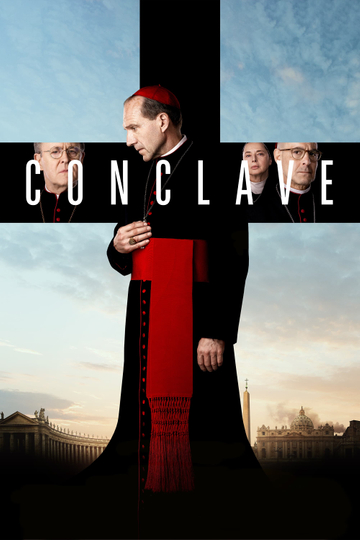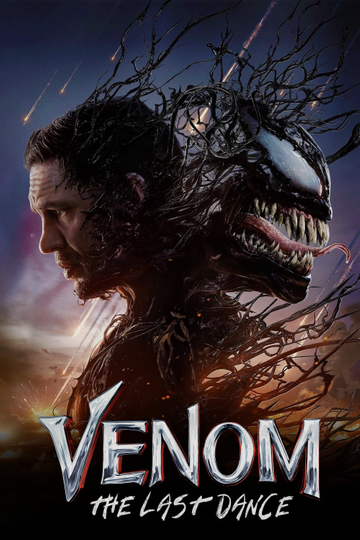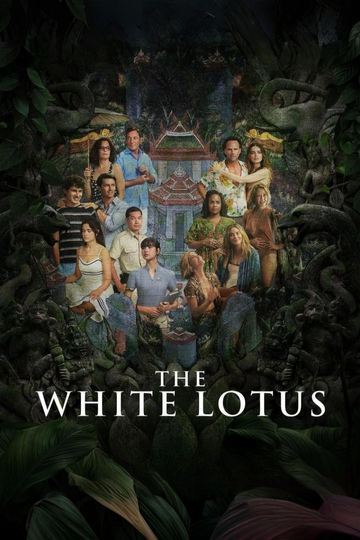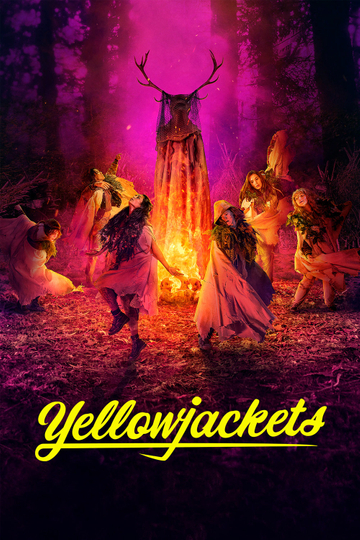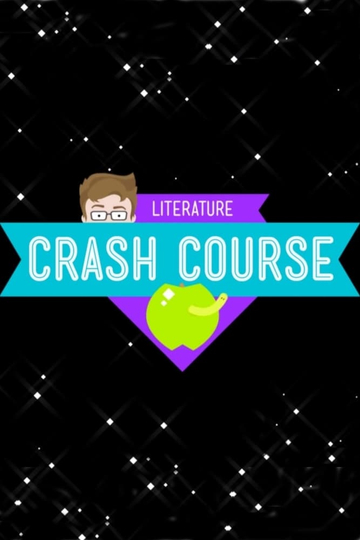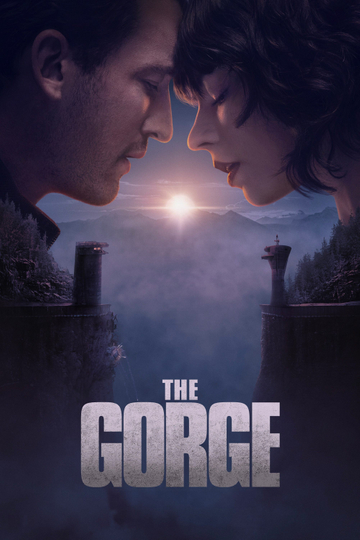Literature 3 Plot
In 9 episodes, John Green reads even more literature! The analyses and books chosen in this course are based on introductory college-level curriculum and the AP Literature guidelines. By the end of this course, you will be able to: *Use characters and setting to explore a range of values, beliefs, assumptions, biases, and cultural norms *Discuss the role of the narrator and how their perspective affects how readers experience and interpret a text *Recognize comparisons, representations, and associations that invite readers to interpret a text *Explain the function of significant events in a plot, as well as the contributions of structure, sequence, contrast, and conflict *Employ different lenses and focal points to read a text multiple ways and recognize the glorious ambiguity of literature *Discuss how different texts explore the theme of “self” and how it is made
Crash Course Literature Literature 3 aired on July 7th, 2016.
Literature 3 Episodes
1. Their Eyes Were Watching God
In which John Green reads Zora Neale Hurston's novel, "Their Eyes Were Watching God," and talks to you about it. You'll learn about Zora Neale Hurston's life, and we'll also look at how the interpretations of the book have changed over time. Also, this book will give you a healthy appreciation for the rabies vaccine, and the terrible dilemmas you've avoided thanks to that modern development.
2. The Adventures of Huckleberry Finn Part 1
In which John Green teaches you about Mark Twain's The Adventures of Huckleberry Finn. This week, we'll talk a little bit about Samuel Langhorne Clemens, who wrote under the name Mark Twain, and how he mined his early life for decades to produce his pretty well-loved body of work. By far the best of Twain's novels, Huckleberry Finn has a lot to say about life in America around the Civil War, and it resonates today with its messages on race, class, and what exactly freedom is.
3. The Raft, the River, and The Weird Ending of Huckleberry Finn
This week, we're continuing our discussion of Mark Twain's 'The Adventures of Huckleberry Finn.' This is part two of our talk about Huck Finn, and this time we're looking at the metaphors in the book, a little bit about what the metaphors like the Island and the River and the Raft might mean, and why you should pay attention to said metaphors. We'll also look at the ending of the book, which a lot of people (including us) believe isn't up to the standards of the rest of the novel.
4. Shakespeare's Sonnets
This week, we're learning about sonnets, and English Literature's best-known purveyor of those fourteen-line paeans, William Shakespeare. We'll look at a few of Willy Shakes's biggest hits, including Sonnet 18, "Shall I compare thee to a summer's day," Sonnet 116, "Let me not to the marriage of true minds admit impediment," and Sonnet 130, "My mistresses's eyes are nothing like the sun." We'll talk about what makes a sonnet, a little bit about their history, and even a little bit about how reading poetry helps us understand how to be human beings.
5. Lord of the Flies
This week, John is talking about one of his least favorite novels, The Lord of the Flies by William Golding. Lord of the Flies is a novel of ideas, and John doesn't agree with the central idea of the novel, which diminished his enjoyment of the book. The central idea of the book is that everyone has evil in their hearts. Which we don't necessarily agree with. That said, it's a good read, and worth reading.
6. 100 Years of Solitude Part 1
Our first of two episodes about Gabriel Garcia Marquez's novel, 100 Years of Solitude. This week, we're looking at the Buendia family, and their many generations of people with the same names. We'll also look at the fascinating way the author thinks about time, and how time is represented in the book. Later, we'll get into the genre that Garcia Marquez worked in, which is called magical realism. Years later, we will have talked about all of this before.
7. 100 Years of Solitude Part 2
In which we continue our exhaustive look at One Hundred Years of Solitude by Gabriel Garcia Marquez.
8. Invisible Man
This week, we’re on to reading Ralph Ellison’s great novel about the black experience in America after World War II, Invisible Man. John will teach you about Ellison’s nameless narrator, and his attempts to find his way in a social order that dehumanizes him and renders him invisible at every turn. Ellison’s novel follows its hero from his childhood in the south to his many attempts to make sense of the world in New York City, and it takes him through, explosions, activism, and riots.
9. Sula
This week, John is talking about Toni Morrison's novel of friendship, betrayal, and loss, Sula. Sula tells the story of two African American girls, the town where they grew up, the tragic even that was central to their youth, and the very different people they became.

